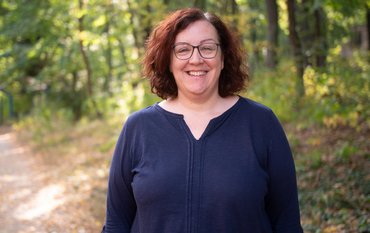Every year, the Potsdam Chamber of Industry and Commerce (IHK) holds a ceremony to honour the most successful graduates of their initial training in commercial and industrial professions. This year, Noah Schmidt from the GFZ was one of the 60 “Stars of Education” honoured. He was trained at the GFZ in Section 4.2 “Geomechanics and Scientific Drilling” as an “Electronics Technician for Devices and Systems”. Schmidt achieved 94 per cent of the possible points in his final skilled worker examination and was awarded the grade “very good”.
Thanks to his outstanding performance, Noah Schmidt is among the top two per cent of the 2024 graduates of the Potsdam Chamber of Industry and Commerce. In total, around 2,700 trainees took their skilled worker examination in 2024, with Noah Schmidt being the only award-winner in the profession of electronics technician for devices and systems.
Congratulations from the department
The Head of Department 4 Geosystems, Prof. Dr Magdalena Scheck-Wenderoth, and Department Manager Daniel Acksel congratulate: “Congratulations to Noah on this success. This is a valuable milestone on the path to a self-determined career. A big thank you goes to the training team Kay Krüger, Bernd Maushake and Marcus Teichmann, who made this successful completion possible.”
Background to the apprenticeship
Noah Schmidt completed his training in the “Underground Seismics” working group in Section 4.2 “Geomechanics and Scientific Drilling”. The working group is a large part of the 3D Underground Seismic Lab (3D-US Lab). This is a “Helmholtz Innovation Lab” in which the GFZ research group, industry representatives and various universities involved in mining have joined forces. The 3D underground seismic network supports companies in underground exploration for underground construction projects. 3D images of underground structures are generated.
Electronics laboratory workplace
Following his examination, Noah Schmidt is initially working in the electronics laboratory for a further year. Some impressions of his work can be found in the slider above.
The main tasks of the electronics technician are the development and maintenance of all electronic components of the seismic measuring systems for the 3D US Lab. This includes assembling and manufacturing printed circuit boards, cable assembly and troubleshooting defective devices.
In fieldwork campaigns, Noah Schmidt ensures that the GFZ's seismic systems function perfectly. He also supported the seismic investigations as part of the GeoLab in the Odenwald, Hesse, Germany. A site for a future underground laboratory is being explored there, which will be used, among other things, to research how geothermal energy can be sustainably developed and utilised.
In this interview, Noah Schmidt gives an insight into his training and work at the GFZ:
What do you like about working as an electronics technician for devices and systems?
What I find most exciting is that the range of tasks is very broad. The work is very varied and also demanding. That means I always have to think about how to solve different problems myself, especially when I'm developing something new, such as an adapter cable. Then I'm the one who carries out the configuration, the final soldering and finally the integration into the system.
Why did you choose the GFZ as an employer and what did you particularly like about it?
First impressions count. I was immediately impressed by the beautiful campus. But what convinced me the most was that I was challenged right from the start: even during the trial work, I was given quite demanding tasks.
The responsibility that I had to take on during the apprenticeship exceeds the requirements of other companies.
I really appreciate the co-operation with my colleagues and felt welcome into a very good working relationship and pleasant working atmosphere.
The GFZ offers its trainees the opportunity to do an internship abroad. What experience did you gain there?
I was in Turku in Finland from the beginning of April to the end of May 2023. The internship abroad was made possible by the GFZ and organised together with the Potsdam Chamber of Industry and Commerce. The IHK looked for a company abroad that would host me for two months.
It was the company Tepcomp Oy. The company specialises in the production of printed circuit boards, which are needed for various traffic lights and medical devices.
I was mainly involved in assembling the circuit boards. It was very interesting to see how a company works outside of research and produces printed circuit boards on a large scale.
Thank you very much for these interesting insights, Noah Schmidt.
The GFZ offers a wide range of interesting apprenticeships in various fields.
If you are interested, you find more information here.



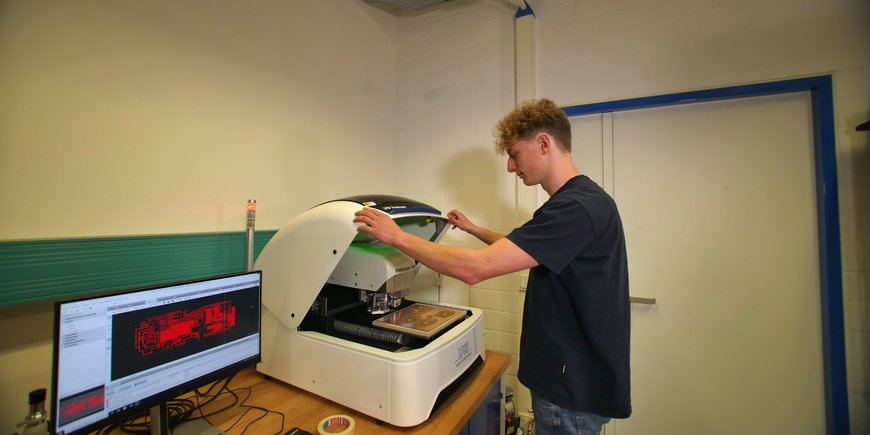
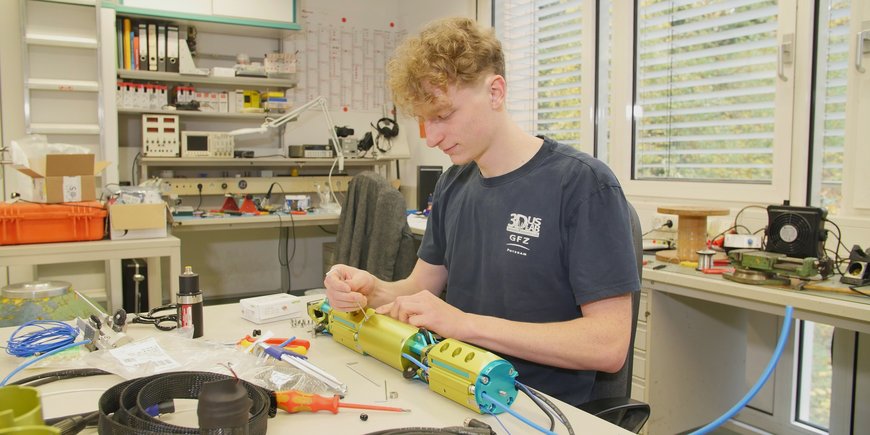
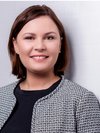

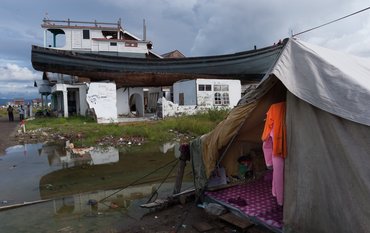







![[Translate to English:] [Translate to English:] Abror Gafurov von dem Schriftzug "Welcome to Azerbaijan" und den UN und COP Logos](/fileadmin/_processed_/2/5/csm_2024_11_Baku_COP29_Abror_Gafurov_1042faec82.jpeg)

![[Translate to English:] Martin Herold standing in front of the library on the Telegrafenberg](/fileadmin/_processed_/c/d/csm_Martin_Herold_d385ee4dd9.jpeg)
![[Translate to English:] Many people are listening to a presentation in the GFZ lecture hall.](/fileadmin/_processed_/c/a/csm_1_Bild1_hell_b9c0e9f5ed.jpeg)






![[Translate to English:] Both scientists sitting on stools in front of a wall of books in the Telegrafenberg library](/fileadmin/_processed_/6/6/csm_Buiter_Castell_DORA_4_e87cb1ea18.jpeg)
![[Translate to English:] Gruppenbild mit 4 Personen](/fileadmin/_processed_/8/d/csm_20241017_GFZ-Emmerman-Medal-005_web_reinhardtundsommer_21a414fa4a.jpeg)






![[Translate to English:] Ice landscape with five red tents](/fileadmin/_processed_/8/9/csm_Zeltlager_auf_dem_Eis_Urheberin_Jenine_McCutcheon_5ced2d523b.jpeg)


